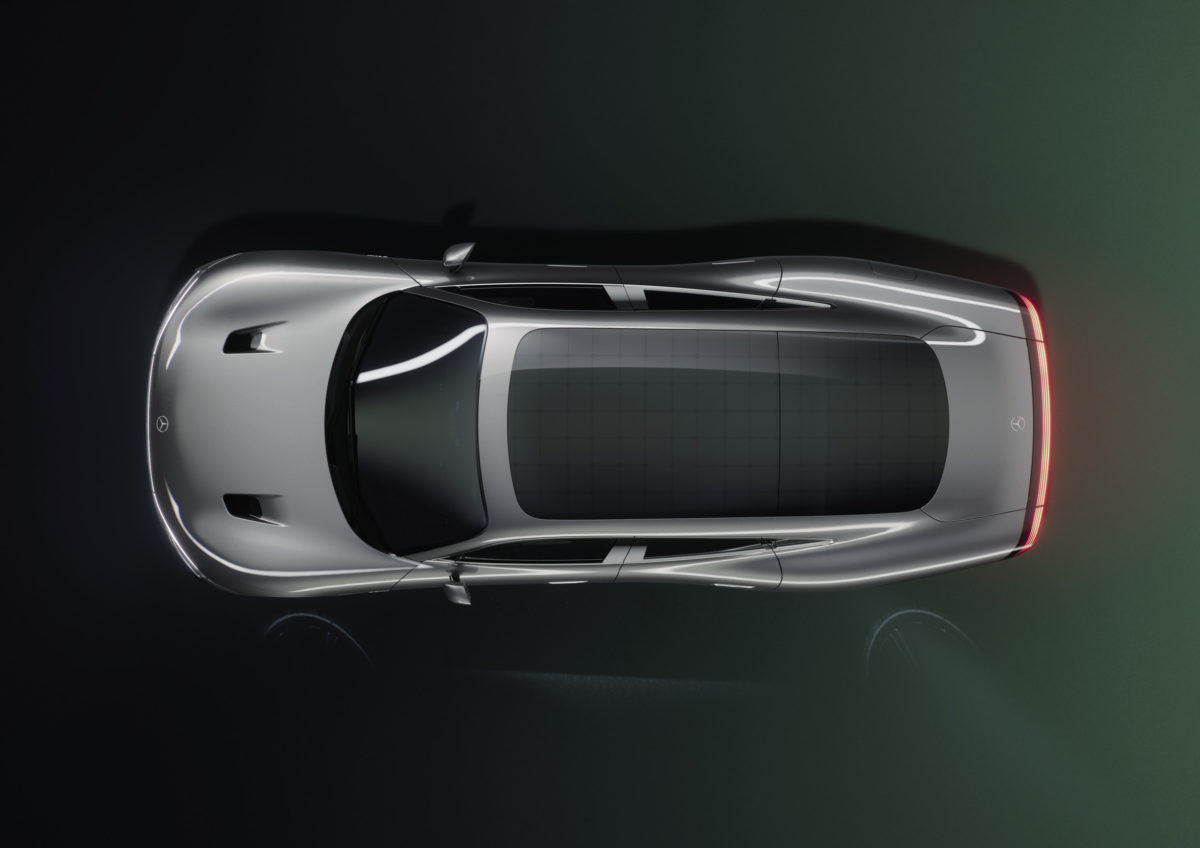
An international public-private consortium will look at how vehicle-integrated PV can support the transition to an all-electric transport system in Europe. The SolarMoves project, commissioned by the European Commission's Directorate-General for Mobility and Transport (DG MOVE), will use data from solar vehicles to study the impact on electrical recharging infrastructure policy and regulations in EU in the coming years.
Throughout the three-year pilot project, cars, trucks, buses, and vans will be equipped with integrated solar panels and sensors to measure and determine solar irradiation in real-world conditions across Europe.
The team, which includes the Netherlands Organization for Applied Scientific Research (TNO), Germany's Fraunhofer Institute for Solar Energy Systems (ISE), and EV car manufacturer Sono Motors will model the efficiency of the solar vehicles and then verify that with on-the-road monitoring and testing.
“The results of this monitoring will give insight into the increase in efficiency of electric vehicles when solar technology is integrated and will be used to ascertain the overall potential of this technology and make predictions on the required recharging infrastructure for the potential scenario in which a significant part of the electrical vehicles are equipped with solar modules in the next years,” TNO said in a statement.
The findings of the study will then be translated into a set of policy recommendations for the European Commission.
TNO estimates that electric vehicles with installed solar panels could represent 10% of the entire market by 2030. According to one of its other studies, solar-powered EVs can charge 25% less per year, and up to 40% less in sunny places.